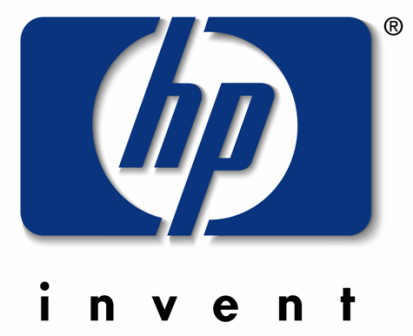“We didn’t buy Palm to be in the smartphone business.” Those were words the of HP CEO Mark Hurd as he spoke to the Bank of America Merrill Lynch technology summit on Wednesday.
Hurd said that theory that HP was going to throw money into developing new smartphones featuring webOS “doesn’t in any way make any sense.” So why on earth did HP buy Palm? Patents. Owning the rights to webOS and Palm’s collection of patents means HP will easily and affordably be able to create a unified experience across the “tens of millions of HP small form factor web-connected devices”, including but not limited to printers and tablets. Here’s the quote:

“We didn’t buy Palm to be in the smartphone business. And I tell people that, but it doesn’t seem to resonate well. We bought it for the IP. The WebOS is one of the two ground-up pieces of software that is built as a web operating environment […] We have tens of millions of HP small form factor web-connected devices […] Now imagine that being a web-connected environment where now you can get a common look and feel and a common set of services laid against that environment. That is a very value proposition.”
We appreciate the candor HP, but honestly, that is way to strong of a statement. You pretty much took a dump on Palm and its future handsets, and instead are concentrating on the HP namebrand, which really never had a good name in the smart phone arena in the first place.
Furthermore, smartphones ARE THE FUTURE!. Why desparage it by talking about web-connected environments and not about hardware and WebOS itself, a tremendous mobile OS, which has gotten a bad rap due to its debut carrier it chose, Sprint, perhaps some aesthetics, and obviously the lack of a robust App store. Other than that, I could go out on a limb and say that at WebOS’s core, it is hands down the best mobile OS out there.
Published on June 7, 2010





